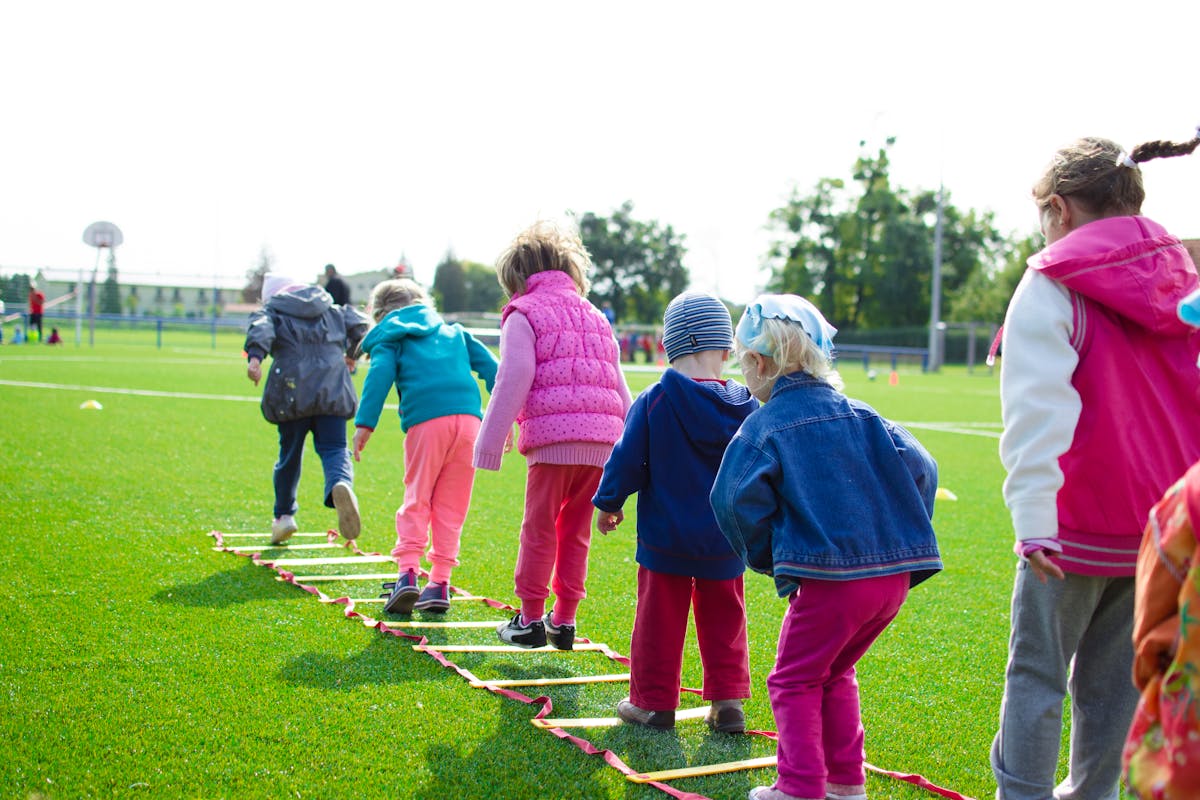How to Raise a Team Player
In a world that values collaboration as much as individual achievement, raising a child who knows how to work well with others is more important than ever. Whether your child is headed for the football field, the classroom, or one day the workplace, being a team player will help them thrive. But teamwork isn’t an inborn trait—it’s something that can be taught, modelled, and nurtured at home. So how can you raise a team player? Here are some simple, practical strategies to help build that mindset from a young age, shared by one of the best private schools in London.
Model Teamwork at Home
Children learn best by example. Show them what teamwork looks like in everyday life—whether it’s dividing up chores, supporting a sibling, or helping a neighbour. Let them see you collaborate with your partner, family, or coworkers with respect and open communication. When children witness cooperation and compromise, they’re more likely to adopt those behaviours themselves.
Teach Empathy and Respect
Team players understand that everyone brings something valuable to the table. Teach your child to see things from another person’s perspective. Talk about feelings. Encourage them to listen without interrupting. These habits build empathy and respect, which are the cornerstones of effective teamwork.
Praise Effort Over Ego
Focus praise not just on winning or being the best, but on how your child works with others. Celebrate when they help a teammate, include someone who feels left out, or share credit for a group success. This reinforces the idea that success isn’t just about standing out—it’s about lifting others up too.
Encourage Group Activities
Enrol your child in activities that require cooperation—team sports, theatre, scouts, or even collaborative school projects. These experiences naturally teach patience, accountability, and the importance of contributing to a shared goal. Don’t worry if they don’t become the star player; the lessons often come in the quiet moments of support, not just the spotlight.
Coach Through Conflict
Disagreements are part of working with others. When your child runs into a problem with a peer or teammate, resist the urge to fix it for them. Instead, talk through the situation. Ask open-ended questions: “What do you think they were feeling?” or “How could you handle it differently next time?” Learning to resolve conflict calmly is one of the most powerful team-building skills a child can develop.
Set Expectations Around Responsibility
Team players pull their weight. At home, this can mean chores, schoolwork, or helping a sibling. Set clear expectations and hold your child accountable in a kind but firm way. When they understand that others depend on them, they learn the importance of following through.
Celebrate the Team, Not Just the Individual
Whether it’s a family accomplishment or a school group project, highlight the value of each person’s contribution. Help your child see that big things happen when people work together—and that being part of a team is something to be proud of.
Raising a team player doesn’t happen overnight. It’s built through daily habits, small moments, and lots of encouragement. By fostering empathy, cooperation, and responsibility, you’re not just preparing your child to succeed in group settings—you’re helping them become a kind, capable person who others want on their team. And in today’s world, that’s one of the most valuable qualities a person can have.





